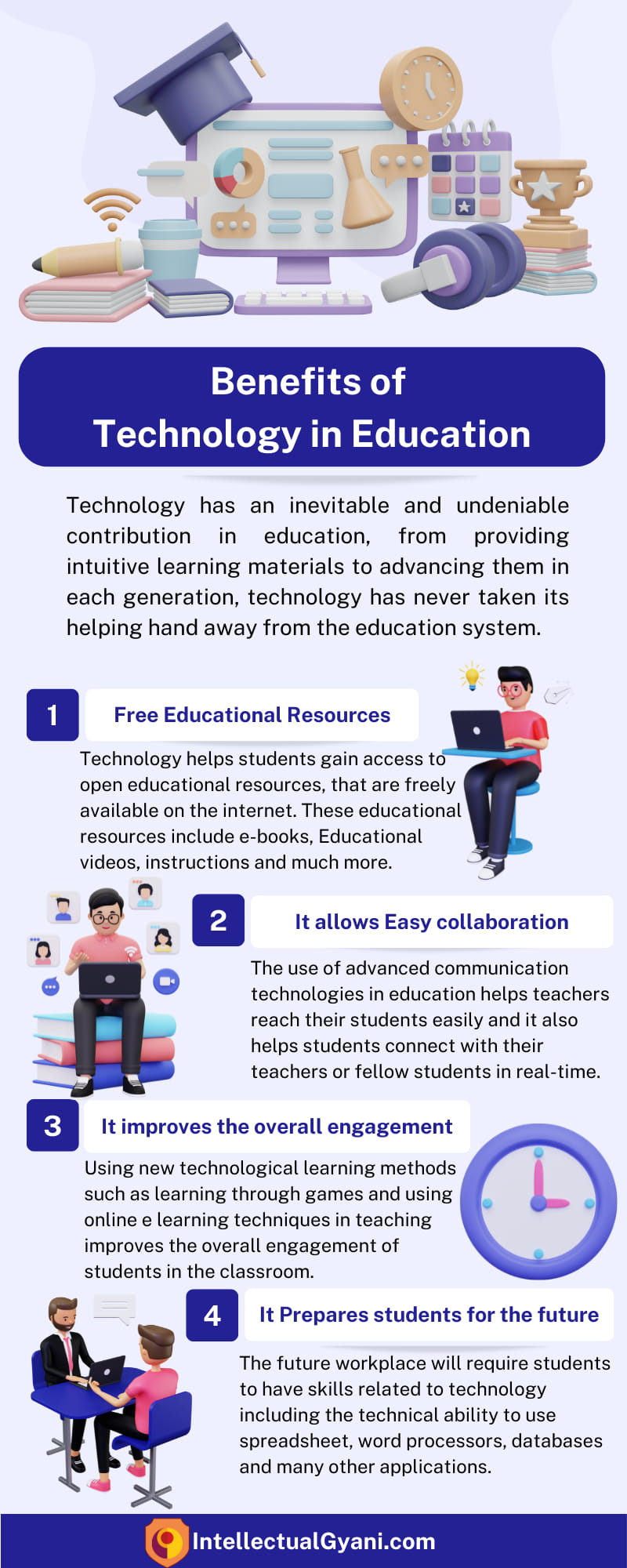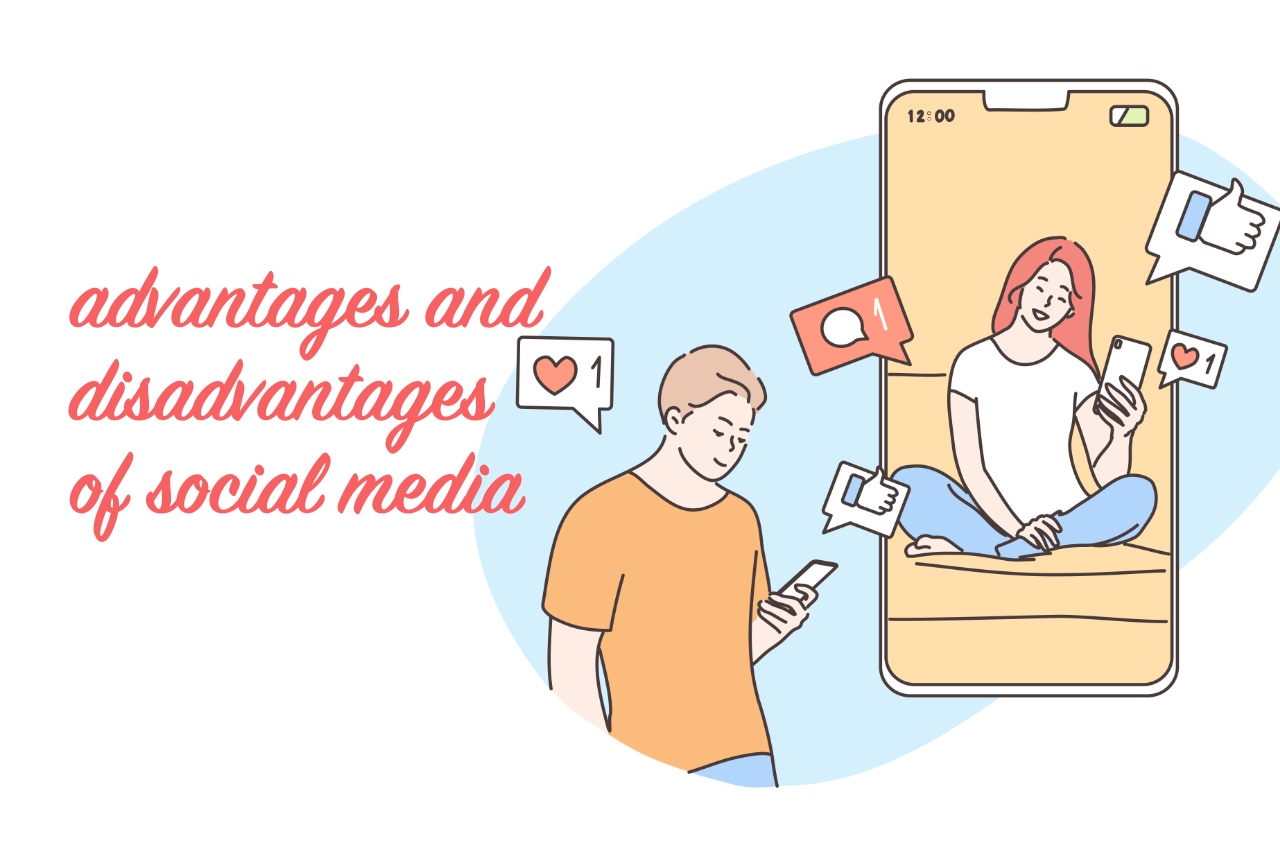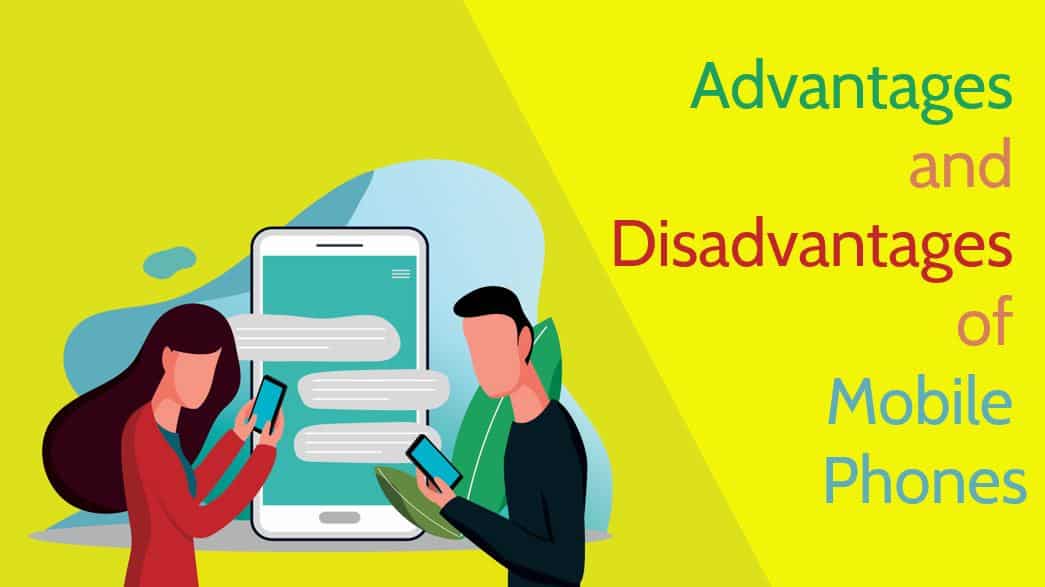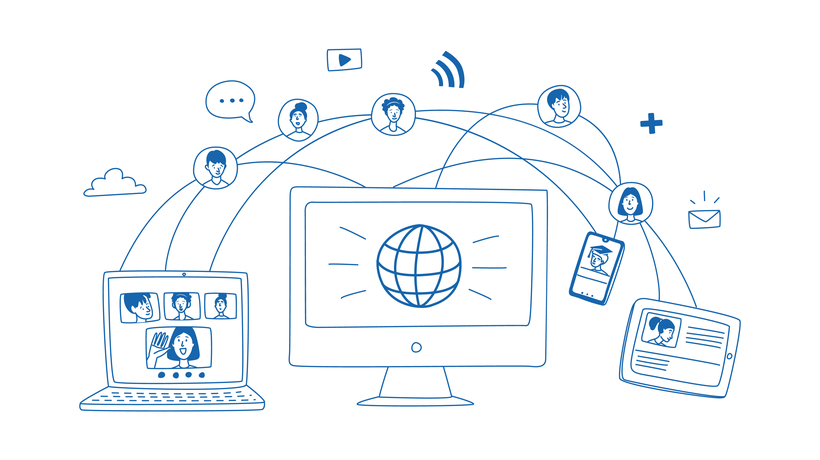The internet is a vast and useful resource that has revolutionized the way we communicate, access information, and do business. It has also made it easier for students to access educational materials and communicate with their teachers and classmates. However, like any other tool, the internet has its own set of disadvantages that can affect students if they are not used responsibly.
One of the major disadvantages of using the internet for students is the risk of cyberbullying. With the proliferation of social media and messaging apps, it has become easier for students to bully their peers online. Cyberbullying can take many forms, including sending threatening or harassing messages, spreading rumors or false information, or posting embarrassing photos or videos. It can have serious consequences for the victims, including depression, anxiety, and even suicide.
Another disadvantage of using the internet for students is the risk of exposure to inappropriate content. While there are tools and measures in place to protect children from inappropriate content, it is still possible for students to come across explicit or harmful material online. This can be particularly dangerous for younger students who may not have the maturity or understanding to handle such content.
Another disadvantage of using the internet for students is the risk of becoming addicted to it. It is easy for students to get lost in the endless stream of content available online, and this can lead to a lack of focus and productivity. Spending too much time online can also lead to a lack of social interaction, which is crucial for the development of social skills and healthy relationships.
Finally, using the internet for students can also lead to a lack of critical thinking skills. With so much information available online, it is easy for students to simply accept what they read or hear without questioning its validity. This can lead to the spread of misinformation and a lack of critical thinking skills, which are essential for success in higher education and the workforce.
In conclusion, while the internet is a valuable resource for students, it is important for them to use it responsibly. This includes being aware of the risks of cyberbullying, exposure to inappropriate content, addiction, and a lack of critical thinking skills. By being mindful of these risks and taking steps to mitigate them, students can make the most of the internet while minimizing its potential drawbacks.







